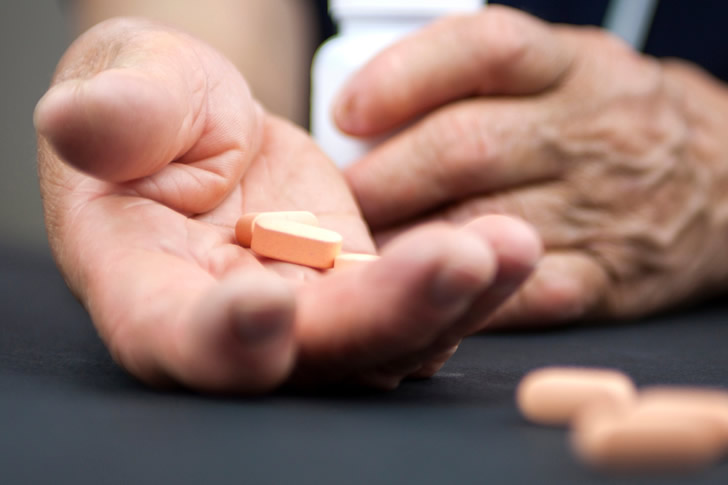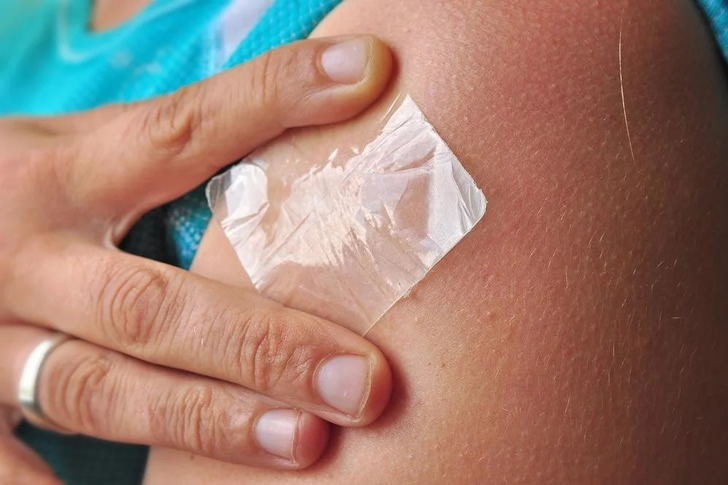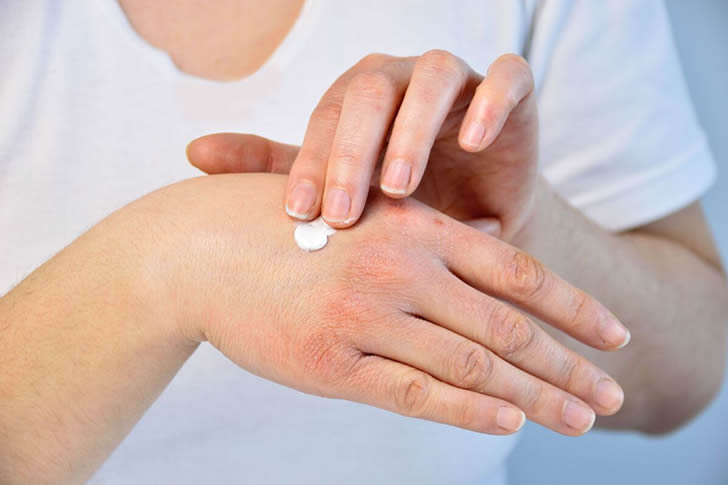Decoding Plaque Psoriasis: What Experts Want You to Know
Plaque psoriasis, a persistent skin disorder, affects millions worldwide, presenting not only physical but also psychological challenges. This comprehensive guide aims to shed light on its complexities.

Understanding Plaque Psoriasis
What is Plaque Psoriasis? Plaque psoriasis is the most common form of psoriasis, characterized by raised areas of inflamed skin covered with silvery-white scales. These plaques typically appear on the scalp, knees, elbows, and back.
Signs and Symptoms
- Red, Raised Plaques: Thick, inflamed patches on the skin.
- Silvery Scales: White scales atop red patches.
- Dry Skin: That may crack and bleed.
- Itching and Burning: Around the patches.
- Painful Skin: Especially when plaques are in joints.
What Does Psoriasis Look Like
Plaque psoriasis appears as red, raised areas of skin covered with silvery scales. These patches are often symmetrical on both sides of the body.
Plaque Psoriasis in Seniors
As people age, psoriasis can present unique challenges. Seniors may have more difficulty managing the condition due to mobility issues, more sensitive skin, and interactions with medications for other health issues.
Epidemiology of Plaque Psoriasis
Plaque psoriasis affects approximately 2-3% of the world’s population. It can start at any age, but most commonly begins between the ages of 15 and 25. Here’s a simple breakdown:
Prevalence Rate Table
| Age Group | Prevalence Rate |
|---|---|
| 0-10 | 1% |
| 11-20 | 3% |
| 21-30 | 5% |
| 31-40 | 4% |
| 41-50 | 3% |
| 51+ | 2% |
Causes and Triggers
While the exact cause of plaque psoriasis is unknown, it is understood to be a combination of genetic predisposition and environmental factors. Triggers include:
- Stress: High stress levels can trigger a flare-up.
- Injury to the Skin: Such as cuts, scrapes, or sunburn.
- Medication: Certain medications can exacerbate symptoms.
- Infections: Particularly streptococcal infections.
Treatment Options
There is currently no cure for plaque psoriasis, but various treatments can help control the symptoms. These include:
- Topical Treatments: Creams and ointments applied directly to the skin.
- Phototherapy: Exposure to ultraviolet light.
- Systemic Medications: Oral or injected medications that affect the whole body.
- Biologics: Targeted treatments that block specific immune system factors.
2024 New Plaque Psoriasis Treatments
Advancements in treatment are promising, with new biologic drugs and targeted therapies designed to better manage symptoms with fewer side effects.
Breakthrough Treatments in 2024
- Biologics: Improved versions that specifically target immune pathways involved in psoriasis.
- Topical Innovations: New formulations that reduce skin irritation and enhance absorption.
- Phototherapy Enhancements: More precise and effective light-based treatments.
Natural Remedies for Plaque Psoriasis
Many seek natural remedies to manage their symptoms alongside or in place of traditional treatments.
Popular Natural Remedies
- Aloe Vera: Soothes inflamed skin.
- Turmeric: Known for its anti-inflammatory properties.
- Apple Cider Vinegar: Used for itch relief.
- Oats: Used in baths to calm inflamed skin.
- Tea Tree Oil: Known for its antibacterial properties.
Impact on Quality of Life
The effects of plaque psoriasis extend beyond the physical symptoms. It can profoundly affect mental health, social interactions, and overall quality of life.
Managing Plaque Psoriasis
Effective management involves a combination of treatments tailored to individual needs and lifestyle adjustments to avoid triggers. Here are some tips:
- Moisturize Regularly: Keeping skin moist can prevent dryness and cracking.
- Avoid Trigger Factors: Such as stress and skin injury.
- Regular Monitoring: Keeping track of flare-ups to understand triggers.
FAQs About Plaque Psoriasis
Q: Is plaque psoriasis contagious? A: No, it is not contagious and cannot be passed from person to person.
Q: Can diet affect plaque psoriasis? A: While no specific diet cures psoriasis, maintaining a healthy diet can help manage symptoms.
Q: Are there new treatments being developed? A: Yes, ongoing research is focusing on better understanding the disease and developing more effective treatments with fewer side effects.
Conclusion
Plaque psoriasis is a complex disease influenced by genetic and environmental factors. While it remains incurable, advances in treatment offer hope for managing the condition effectively. By understanding the disease and utilizing available resources, individuals can improve their quality of life.
References:
- https://my.clevelandclinic.org/health/diseases/22842-plaque-psoriasis
- https://www.webmd.com/skin-problems-and-treatments/psoriasis/plaque-psoriasis-facts
- https://www.aad.org/public/diseases/psoriasis/treatment/stage/65-beyond
2024 Latest Plaque Psoriasis Treatments
Plaque psoriasis, a chronic skin condition characterized by red, scaly patches, affects millions of people worldwide. As research progresses, new treatments are continuously being developed to improve the quality of life for those affected. In 2024, several innovative treatments are emerging that offer better symptom management and fewer side effects. Here are four of the latest treatments for plaque psoriasis that are showing promising results.











Recent Comments